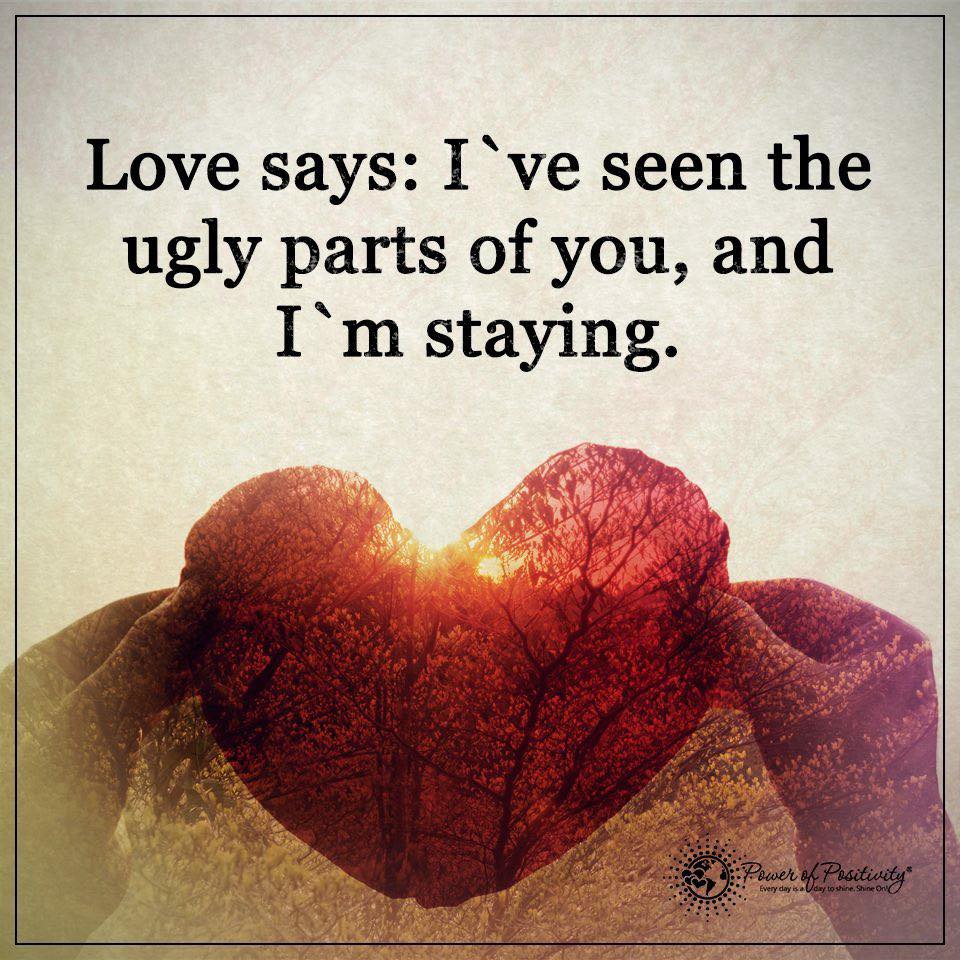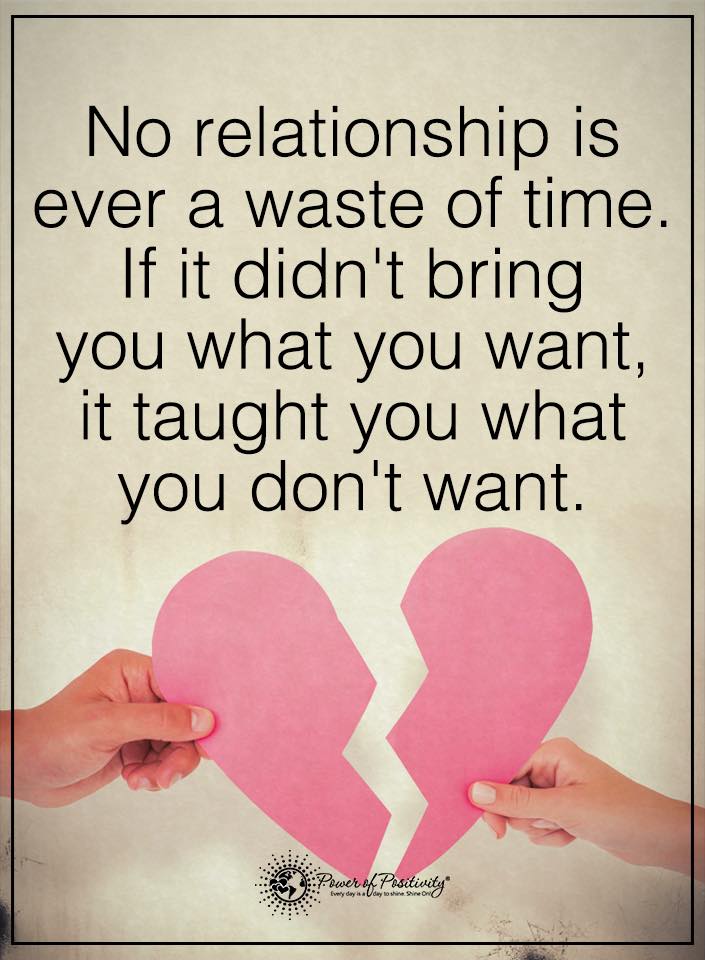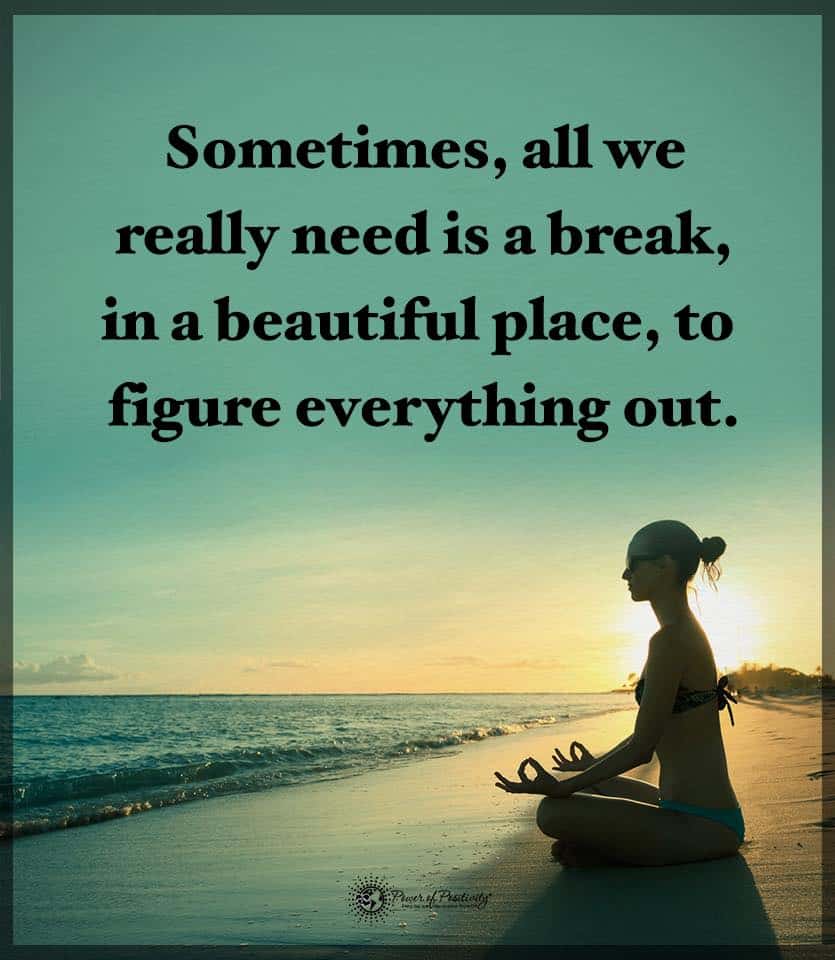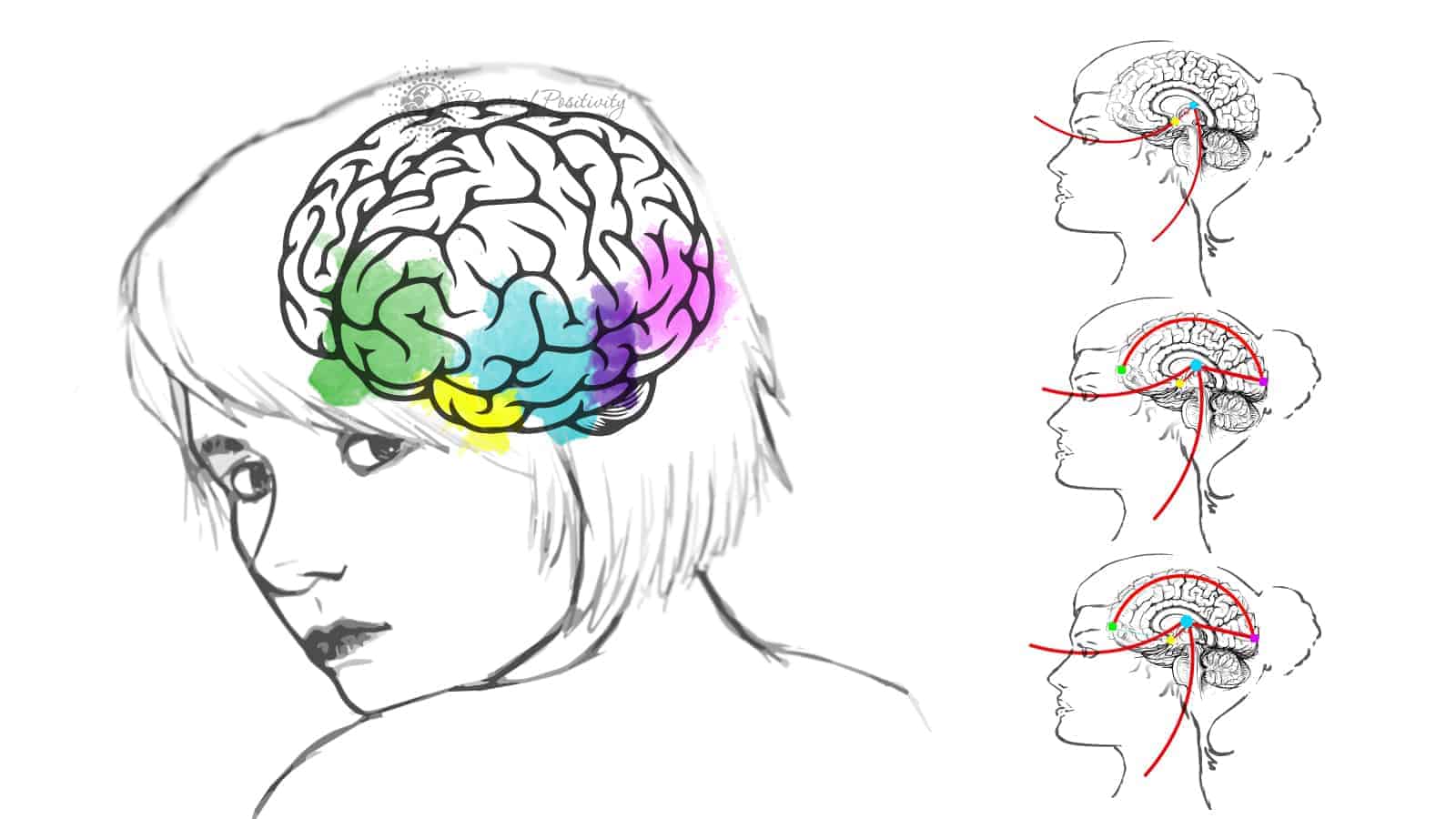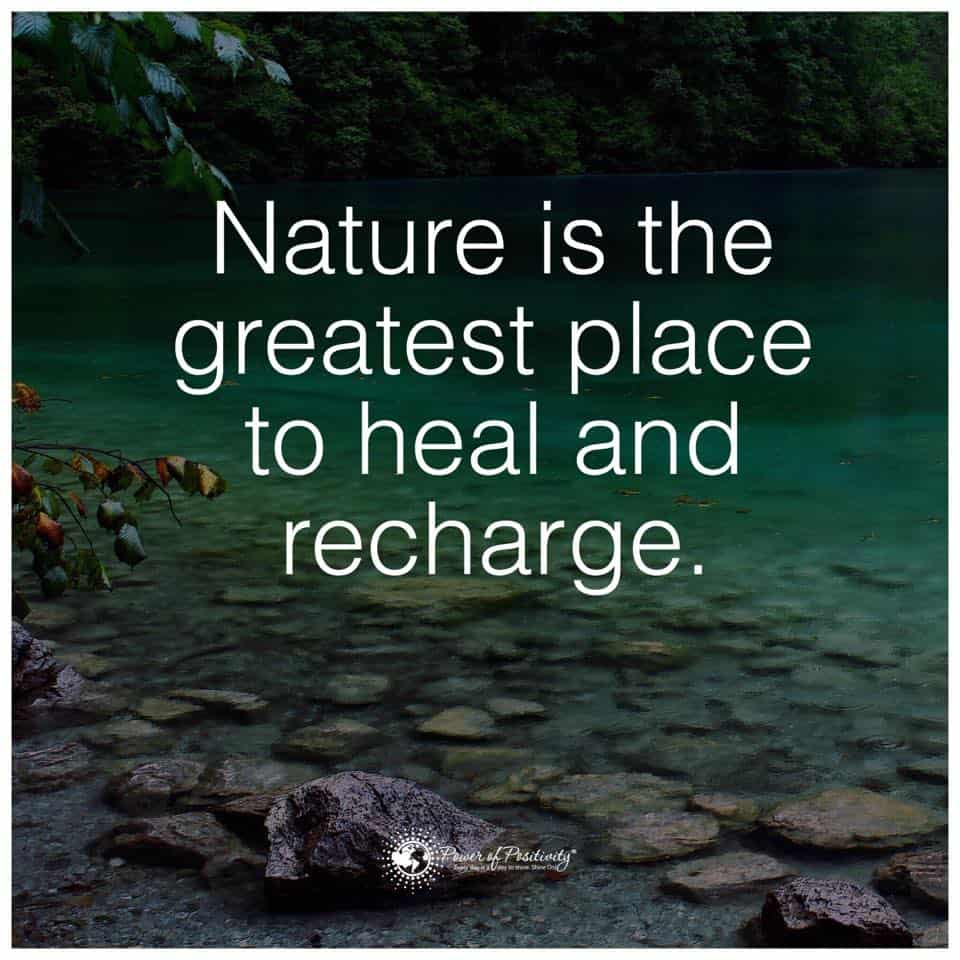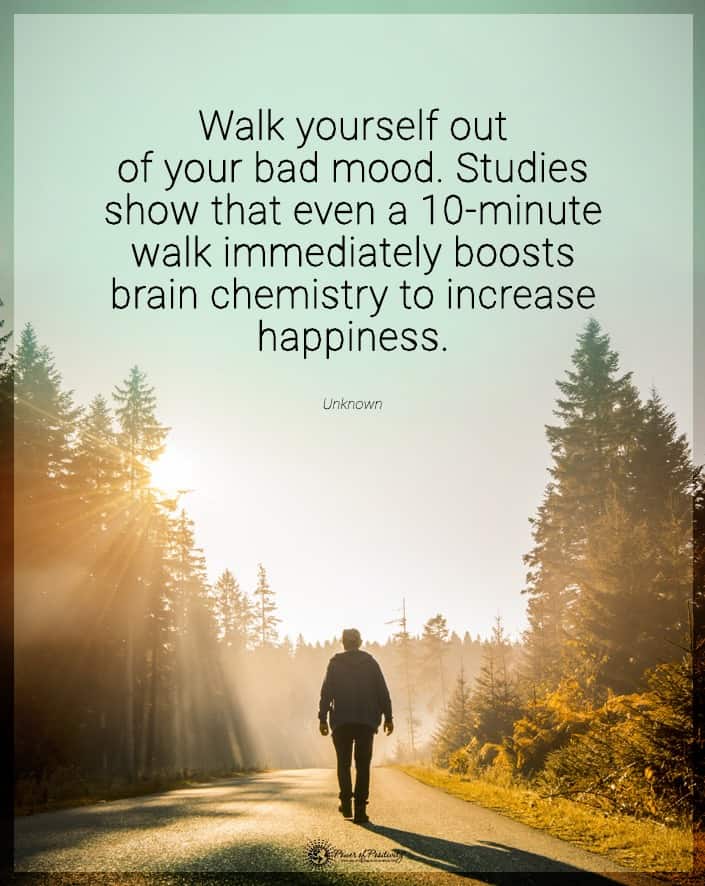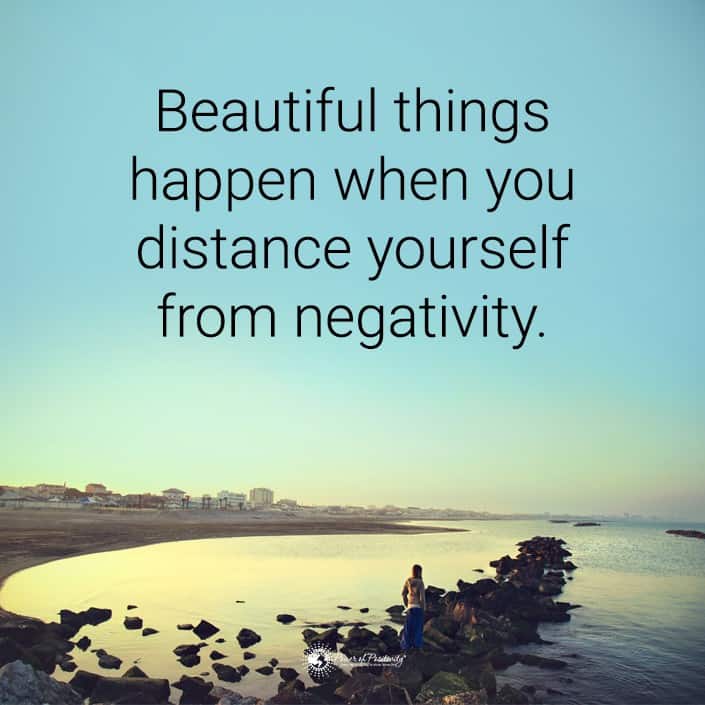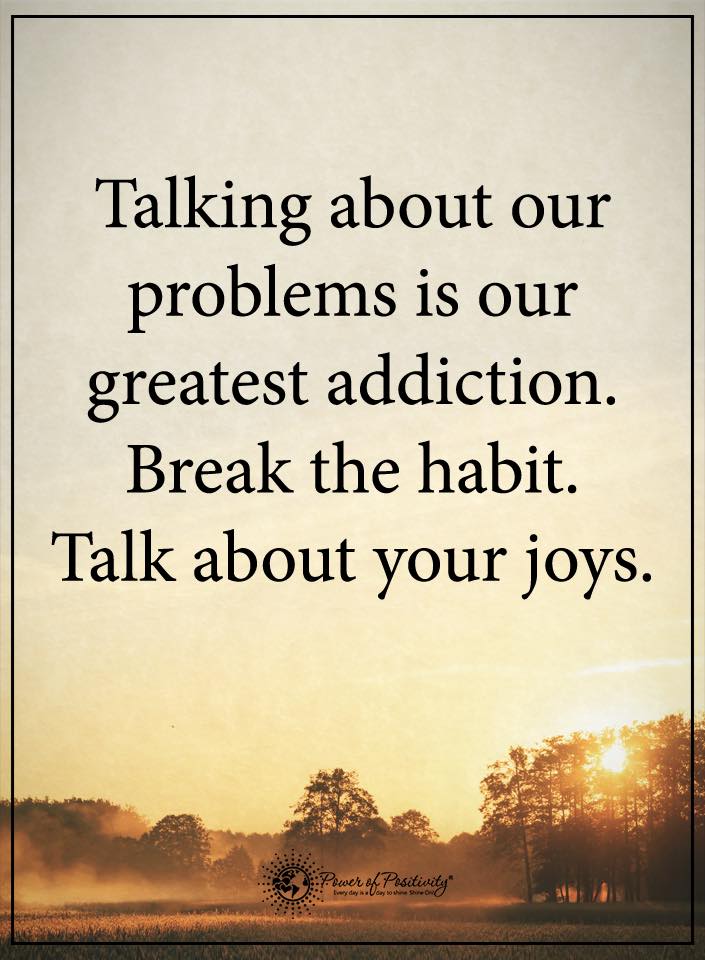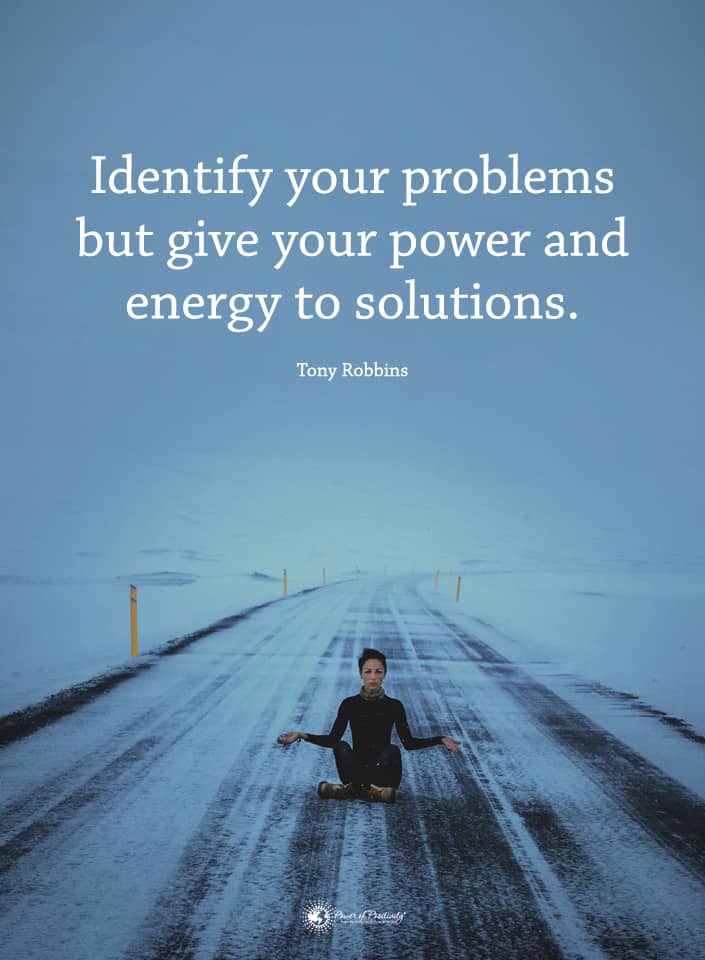Relationships are tough and require a lot of energy and work. Most importantly, they require mutual respect and compromise. Respecting not only each other’s opinions but also respecting each other’s needs and personal boundaries is very important to any healthy relationship. You need to be able to listen to each other’s needs and compromise so that both people are satisfied. You have to find a way to meet each other halfway. Besides that, you must be willing to be vulnerable and talk about tough issues. Also, be respectful and provide a safe, open environment when your partner needs to express themselves about a tough issue.
So, what are some signs that your relationship is in trouble?
10 Key Warning Signs When a Relationship Is in Trouble
1 – Chronic Criticism Within the Relationship
Criticism can become poison in a relationship when chronic and focused on the trivial. If you or your partner frequently point out minute flaws, such as how one ties their shoes or how they laugh, it indicates deeper underlying issues. It’s not just about the moment’s annoyance but a reflection of how you view and value each other. Constant nitpicking can erode the bedrock of love and affection over time. A healthy relationship thrives on mutual respect and appreciation. If, instead, you find that there’s a magnifying glass over every imperfection, it’s a sign of brewing discontent.
2 – You Assume the Worst
Trusting your partner is fundamental in a relationship. If every late call or missed message leads you to jump to negative conclusions, it suggests a deeper insecurity that can suffocate a partnership. Perhaps they missed your call because their phone battery died or got held up at work. However, if your first instinct is to assume betrayal or deceit, it’s an alarm bell of distrust. A relationship cannot thrive if every action is viewed with suspicion. It’s essential to communicate and establish trust, ensuring both partners can move freely and confidently without the looming shadow of unfounded doubts.
3 – Ghost From a Past Relationship
Past relationships can often cast long, haunting shadows over the present. If a simple gesture or phrase from your current partner triggers memories of a former flame and evokes a strong emotional response, it indicates unresolved issues. Holding your current partner hostage to the sins or mistakes of a previous relationship is unfair and unhealthy. Remembering that every individual is unique. So conflating the past with the present can be a massive roadblock to happiness. To genuinely embrace the future and the potential of your current relationship, it’s necessary to confront and resolve the lingering specters of relationships past.
4 – Contempt for Your Partner
Contempt goes beyond simple disagreement; it’s a sign of deep-rooted resentment. When either partner frequently belittles or devalues the other, the foundation of mutual respect, essential for a loving relationship, begins to crumble. Rather than ridiculing, strive to uplift and celebrate each other’s achievements. A loving relationship flourishes on positive reinforcement, understanding, and encouragement.
5 – You Stop Doing Things You Love
A relationship should enhance your life, not restrict it. If you find yourself shelving your passions or hobbies out of fear of your partner’s reaction, it’s indicative of a controlling dynamic. Healthy relationships allow both partners to pursue their interests without the shadow of jealousy or resentment. Remember, autonomy in a relationship is not just about space, but also the freedom to be one’s true self.
6 – You Socialize Away From Each Other
If you both can’t stand each other’s families or friends, you begin to disintegrate as a couple as you spend less and less time together. While it is important to have your social circles, it is also essential to set aside time to be together.
Every individual has their social circles, and that’s normal. However, if you find both of you intentionally avoiding each other’s friends or families, it’s a red flag. Shared experiences help strengthen the bond between couples. Finding a balance between personal socialization and shared moments is essential to nurture the relationship.
7 – Arguments Escalate Quickly
Every couple argues. But if your arguments escalate to name-calling and shouting each other down, then you are in serious trouble. Healthy couples respectfully discuss their opinions or disagreements. If you both are too mad to talk about it at the moment, then take a short break away from each other and come back an hour later when you have cooled off to discuss it without getting enraged.
Disagreements are a part of every relationship, but how you handle them determines the health of your partnership. If every small argument spirals into intense confrontations, it shows ineffective communication. Learning to discuss disagreements calmly and constructively can lead to understanding and growth.
8 – You Withdraw From Your Partner or the Relationship
If you or your partner withdraw into your protective shell and refuse to engage with the other, this is called turtling up. It is also called the “Silent Treatment,” or putting up a wall. Why does this occur? It often occurs well into the relationship and after many fights as either one or both of the people feel angry, frustrated, and tired of unresolved issues. Go to your partner with an olive branch, open up about your issue, and try to work it out calmly.
Shutting down communication is like shutting the doors to understanding. When partners frequently give each other silent treatment, it manifests deep-seated issues that aren’t being addressed. Communication is the lifeblood of any relationship. Breaking down those walls and being receptive to dialogue can pave the way to healing.
9 – You Can’t be Vulnerable with Them
If you don’t feel comfortable opening up to them because of a real fear of being ridiculed or dismissed. Indeed, that is a sign of deep dysfunction in the relationship. It is a matter of trust; if you can’t trust them not to hurt you, then there will be no meaningful intimacy between you.
Vulnerability is the cornerstone of deep intimacy. Constantly guarding yourself, fearing mockery or dismissal, signifies a trust deficit. Trust is the glue that binds two people; without it, genuine intimacy remains elusive.
10 – The Same Argument Over and Over
Recurring disagreements underscore unresolved issues. While occasional arguments are expected, consistently revisiting the same problem indicates stagnation. Both partners must be willing to address the underlying issue and work towards a compromise actively to move forward.
Recognizing these signs doesn’t seal the fate of your relationship. However, they are indicators of underlying issues that require attention. Even the most profound rifts can be bridged with mutual love, commitment, and willingness.
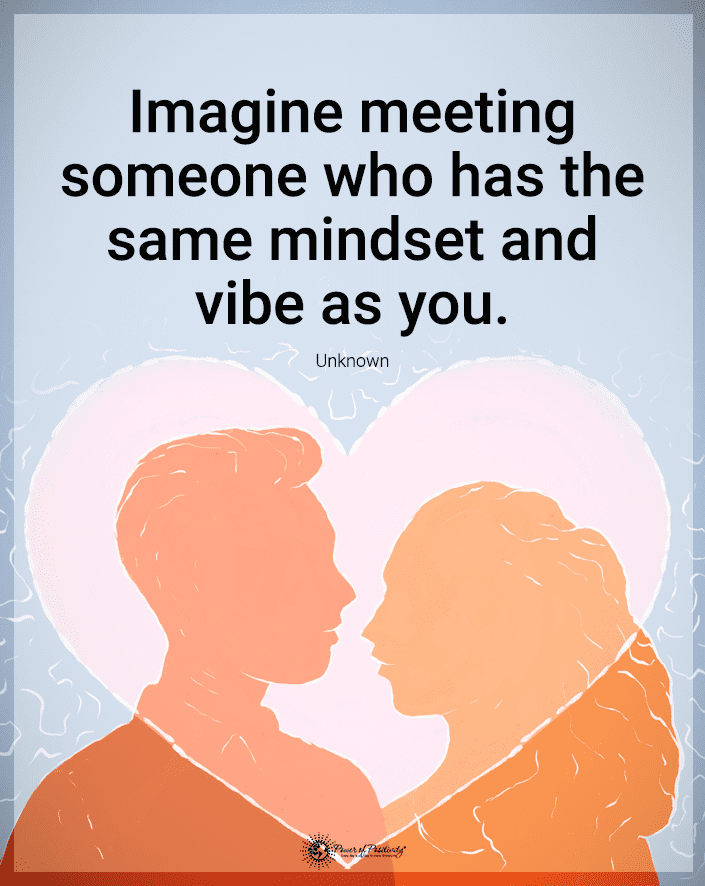
Final Thoughts About the Signs of a Rocky Relationship
Relationships, like all intricate endeavors, come with their challenges. It’s essential to recognize when the journey together hits rocky terrain, not as an end but as an opportunity for growth and understanding. Each sign of trouble is a call to action, urging couples to communicate, reflect, and recalibrate. By addressing these signs head-on, couples can rebuild a more robust, more resilient foundation, turning adversities into opportunities for a deeper connection. Remember, every challenge can be a stepping stone to a more profound bond if faced with love, patience, and understanding.

